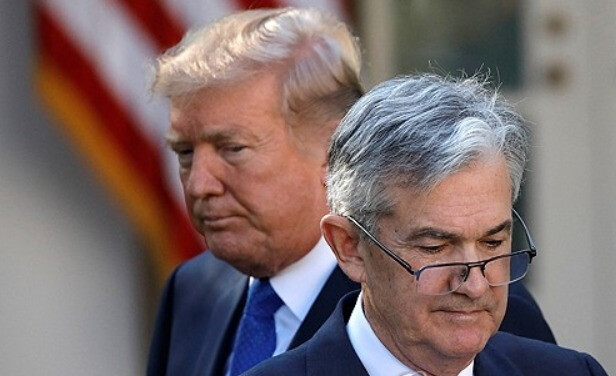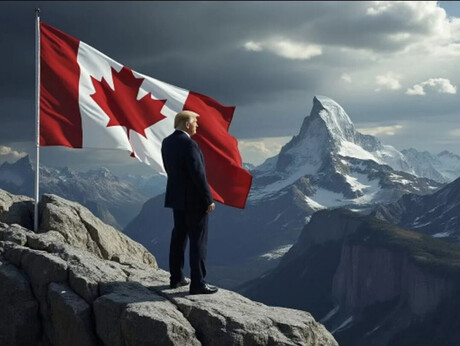
Donald Trump's aggressive actions against the U.S. Federal Reserve (Fed) are escalating, causing widespread concern among economists and financial experts. His attempt to oust Fed Governor Lisa Cook, citing allegations related to a mortgage, is being seen as a dangerous and unprecedented overreach. This move is interpreted as part of a larger strategy to seize control of the central bank's policy decisions and compromise its independence.
Trump's Rationale and the Larger Power Play
According to a recent New York Times report, while the allegations against Governor Cook are considered serious, experts believe Trump's true objective is far more significant. Former Fed Chair and Treasury Secretary Janet Yellen has stated that these actions appear to be a "full-frontal assault" on the Fed's independence, which could intimidate other members of the Federal Open Market Committee (FOMC) and prevent them from freely expressing their opinions.
This is not an isolated incident. By setting a precedent for removing board members for various reasons, Trump could pave the way for dismissing other governors who oppose his policies. His control over the Fed's seven-member board is set to expand significantly. With the recent resignation of Governor Adriana Kugler, Trump could nominate two new governors. If he also appoints a new successor for Chairman Jerome Powell, whose term ends next spring, and considers his 2020 appointee Christopher Waller, he could secure a majority on the board.
Threats to Fed Independence and Economic Consequences
The Fed's independence is the cornerstone of the global financial system. Its erosion could lead to significant economic backlash. Trump has repeatedly pressured the Fed to lower the current federal funds rate, which stands between 4.25% and 4.50%, to as low as 1%. He argues that this is necessary to stimulate the economy, despite the ongoing risk of inflation.
Economists warn that succumbing to political pressure and lowering interest rates prematurely could stoke short-term inflation and, more critically, erode long-term policy credibility, making economic management much more challenging. Alan Blinder, a Princeton University professor and former Fed Vice Chairman, called Trump's actions a "blatant attempt to undermine the Fed’s independence," predicting that it would lead to economic shocks and high inflation.
Market Reaction and Future Outlook
One of the most significant concerns is the potential for turmoil in the bond market, which closely monitors the central bank's ability to curb inflation. If the Fed is perceived as a political tool that lowers rates on demand, it could trigger a loss of confidence, leading to a surge in Treasury yields or a massive sell-off of government bonds. During his first term, Trump also pushed for rate cuts, but his aides and market concerns about potential bond market chaos often restrained him.
Currently, the bond market's reaction has been muted, with the 10-year Treasury yield showing a decline. This lack of immediate volatility is raising fears that Trump may be emboldened to take even more drastic measures. Mark Spindel, founder of Potomac River Capital, commented that if the bond market remains calm, "Trump will keep pushing." The market's current silence may be a deceptive calm before a potential storm, with serious consequences for both the U.S. and global economies.
[Copyright (c) Global Economic Times. All Rights Reserved.]





























